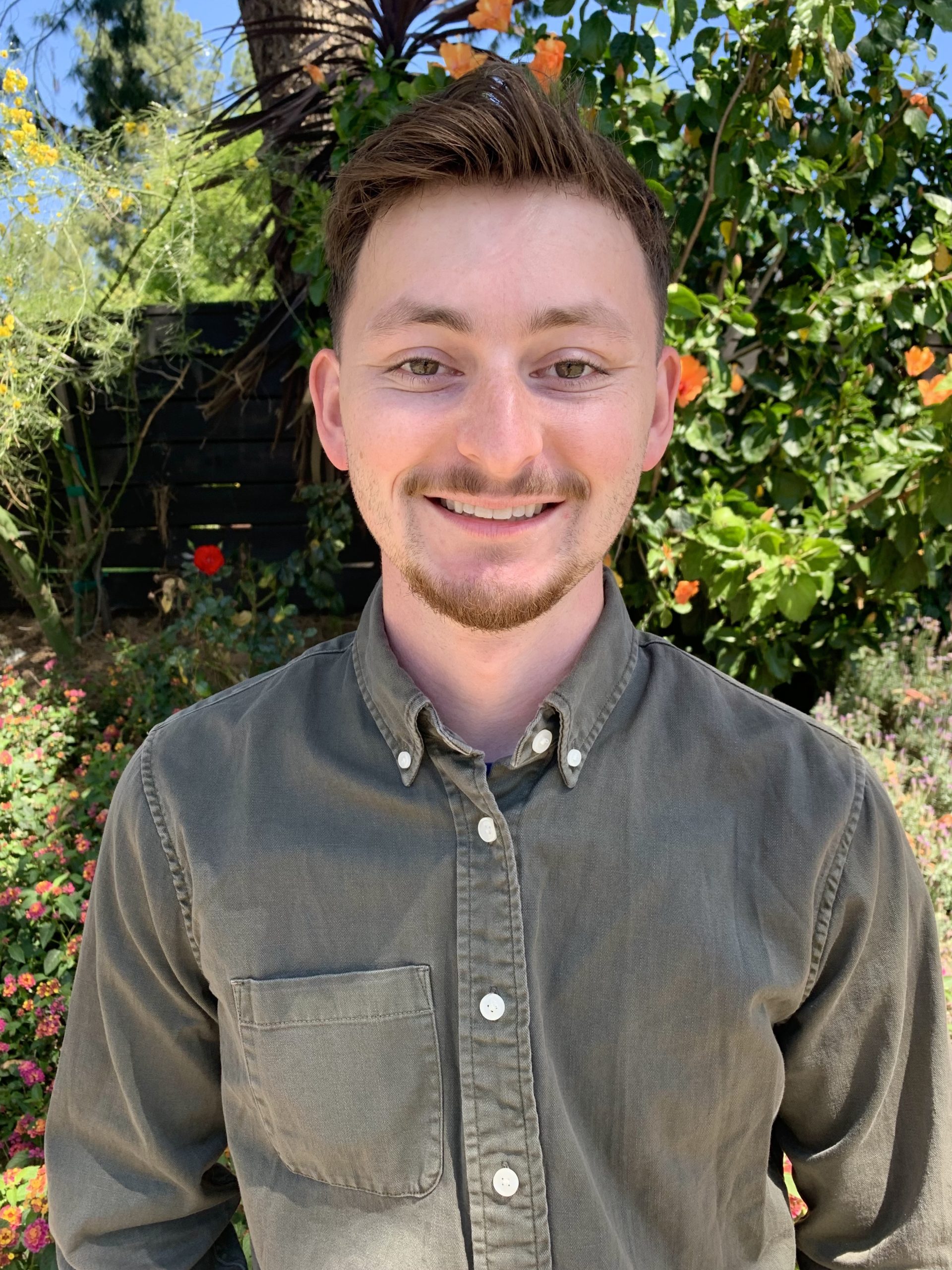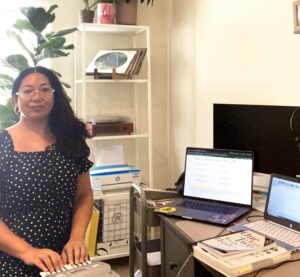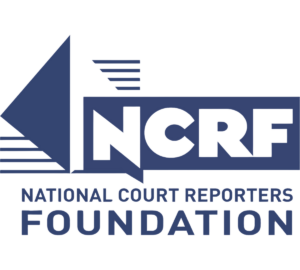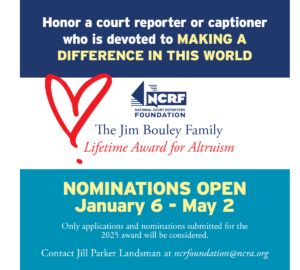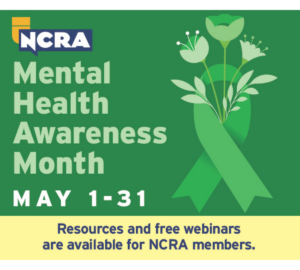So many of the students we highlight in Up-to-Speed are career changers, and Taylor Hertz is no exception. Hertz has a bachelor’s degree in music and works in the California music industry, but once the pandemic started, he felt that he needed a change. Now Hertz is juggling a full-time job and the online court reporting program at the Community College of Allegheny County (CCAC) in Pittsburgh, Pa. His busy life still leaves him time to play, though. “I’m also in a band,” he says, “which gives me an amazing outlet to compose and orchestrate.”
UTS | Can you talk a little about your background?
TH | Born and raised in Southern California, it took me some time to find a school that would not only cater to my 9-5 job, but simultaneously keep me motivated and build connections with my fellow classmates. Little did I know that I would end up attending a school quite literally on the opposite side of the country. I was introduced to CCAC when the director of the court reporting program, Mary Beth Johnson, CRI, talked to my class in the winter of 2021. Now, almost five months later, I’m completing my first semester at CCAC, and I’m eager to continue my studies into the summer and beyond.
UTS | How did you first get the idea of being a court reporter? Did you have another career before you started at CCAC?
TH | I initially went to school for music and received a bachelor’s degree in music composition. From there, I almost immediately began working full-time in the music industry here in Los Angeles. More specifically, I work as a Senior Music Copyrighter in the realm of commercial media. After the onset of the pandemic, I quickly realized that the music industry simply isn’t for me and that I’d need to investigate other career options. My current job is very much impacted by copyright law, and as a result I’ve naturally been exposed to the legal industry and, consequently, court reporting. I learned over time that stenography utilizes similar skills that are required for playing the piano.
UTS | What kinds of challenges have you faced during your court reporting program, particularly during COVID-19?
TH | The biggest challenge for me was finding a program that would allow me to juggle the 40-hour work week with my studies. Most online programs didn’t fit within my budget, and brick-and-mortar schools weren’t an option for me. After learning about CCAC’s program, I decided that it was the best choice for me. I was mostly worried about attending a school in Pennsylvania while living in California, and I was doubly worried about whether CCAC would prepare me for the unique challenges that court reporters in California face, such as the CSR exam. I’m happy to say that CCAC has since provided me with local connections and resources to aid in my studies. In addition, the program at CCAC directly prepares students for the RPR upon graduation, which is a certification I plan to attain prior to the CSR.
UTS | What is the best advice you’ve been given so far?
TH | That rest in between practicing is just as important as the practice itself. I’ve noticed that I’m able to retain much more information at a faster rate after allowing myself to do things that unplug my brain, such as indulging in hobbies that have little or no relation to stenography. I also realized that anything under eight hours of sleep every night was preventing me from focusing during my daily practice sessions. In short, accepting that taking breaks is healthy and necessary for growth.
UTS | What are your plans for when you finish school? What is your dream job?
TH | I plan on attaining both the RPR and the CSR certifications upon graduation. From there, I hope to become an official court reporter. I’m so early on in my studies, however, that I am open to any and all other career options that call out to me!
UTS | What do you do when you aren’t studying?
TH | Piano is my passion, so learning new and challenging pieces is my favorite way to spend my downtime. I’m also in a band, which gives me an amazing outlet to compose and orchestrate. I also do my best to try to read at least two books a month. Reading in particular has been a great way for me to “reset” my brain after a particularly difficult steno practice session. I always find that I perform better on my machine after half an hour or so of reading.
